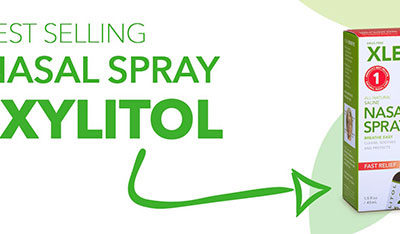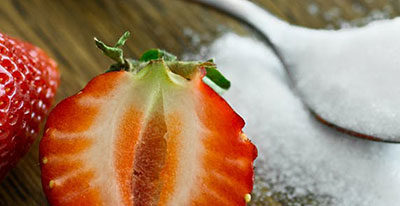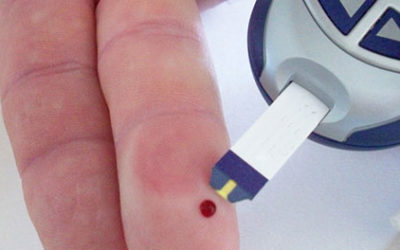Let’s first talk about what xylitol is. Xylitol is a sugar alcohol. The suffix “itol” is how you can most often identify a sugar alcohol. Ironically, sugar alcohols are neither sugar nor alcohol. They are basically water-soluble solids found in plants and berries whose carbohydrates are altered through a chemical process. These common sugar alcohols like sorbitol, maltitol, and erythritol are derived from cornstarch.
Xylitol is actually manufactured from birch wood, corncobs, and the stalk residue from sugar cane. Sugar alcohols are low calorie sweeteners used instead of sugar in many foods.
So, is Xylitol Good for Diabetics?
The simple answer is: Yes. Xylitol (and other sugar alcohols) are natural. They are not artificial sweeteners like Splenda or Aspartame. The body also breaks them down rather than just letting them pass through.
Diabetes is the inability to handle glucose, which is the body’s primary energy food, but which we get altogether too, too, much of in our diets. Anything that allows us to decrease the amount of glucose (found in processed starchy foods , table sugar, and especially in our high-fructose corn syrup sweetened soft drinks) in our diets helps us cope better with diabetes. A recent study using xylitol on diabetic rats showed that it helped to normalize all of the laboratory markers for that condition.
Xylitol sweeteners are available for purchase at most stores, and are popular in health food stores. These products can be used the same as typical table sugar. Xylitol reacts the same as table sugar in baking, cooking, or dissolving in liquids. The only place xylitol should not be substituted is for recipes that require a hard crack, like a crème brulee.
So what are the Downfalls of Sugar Alcohols?
Sugar alcohols, like xylitol, are not calorie free. Xylitol, however, does contain 40% fewer calories than table sugar. Sugar alcohols also can cause digestive discomfort, including bloating, gas, and a laxative effect, for many people when eating too much. And dogs can’t tell it’s not sugar so they respond with more insulin and the drop in sugar that results can be lethal. KEEP XYLITOL AWAY FROM YOUR DOGS.
If you have never consumed a sugar alcohol before, it’s important to start in moderation. Many people never have a problem with using these sweeteners, but others are much more sensitive. Typically up to 20 grams per day is fine for individuals, but again, we recommend starting in moderation to see how xylitol or any other sugar alcohol effects your digestion.
Related Articles
Understanding Sinusitis
What is Sinusitis? Sinusitis is caused by the tissue lining of the sinus cavity becoming swollen or irritated. There are six sinus cavities that connect to the nasal passages and when healthy, they are filled with air. If viruses, fungi, or bacteria get...
The Nose is a Nidus: A Source of Infection for Ears, Sinuses, and Lungs
What's a nidus? A nidus is defined as “a place in which bacteria have multiplied or may multiply; a focus of infection”. The way it is now the nose is a nidus–virtually all upper respiratory problems, both allergenic and infectious begin in the...
Xylitol Nasal Spray Recipe – What’s In Xlear?
Xlear's xylitol nasal spray recipe only contains four simple ingredients. Xlear, Inc. is one of our major partners and their namesake nose wash is a worldwide favorite being sold in South Africa, the EU, Australia, Turkey, Kuwait, Saudi Arabia,...
How Sugar Rots Your Teeth vs A Sugar Alternative
Xylitol sweetener looks incredibly similar to sugar, but it won’t rot your teeth! Unfortunately, most people’s favorite sugars are the ones that tend to rot your teeth. So how and why does sugar rot your teeth and how does a sugar alternative...
Natural Sugar Substitutes for Diabetics and Prediabetics
With so many options available, what’s the best natural sugar substitutes for diabetes? Unfortunately, the number of people with diabetes continues to rise. In fact, according to the United States Centers for Disease Control and Prevention, or...
A GRANDMOTHER’S CURE FOR EAR INFECTIONS: My View of Xlear – From the Beginning
Grandmother: Jerry Bozeman Grandfather: Lon Jones D.O. Infant: Heather Once upon a time there was a lovely, loving, but frustrated grandmother who was threatening to kidnap her 6 month old granddaughter to save her from her doctors. They were continuing the...











